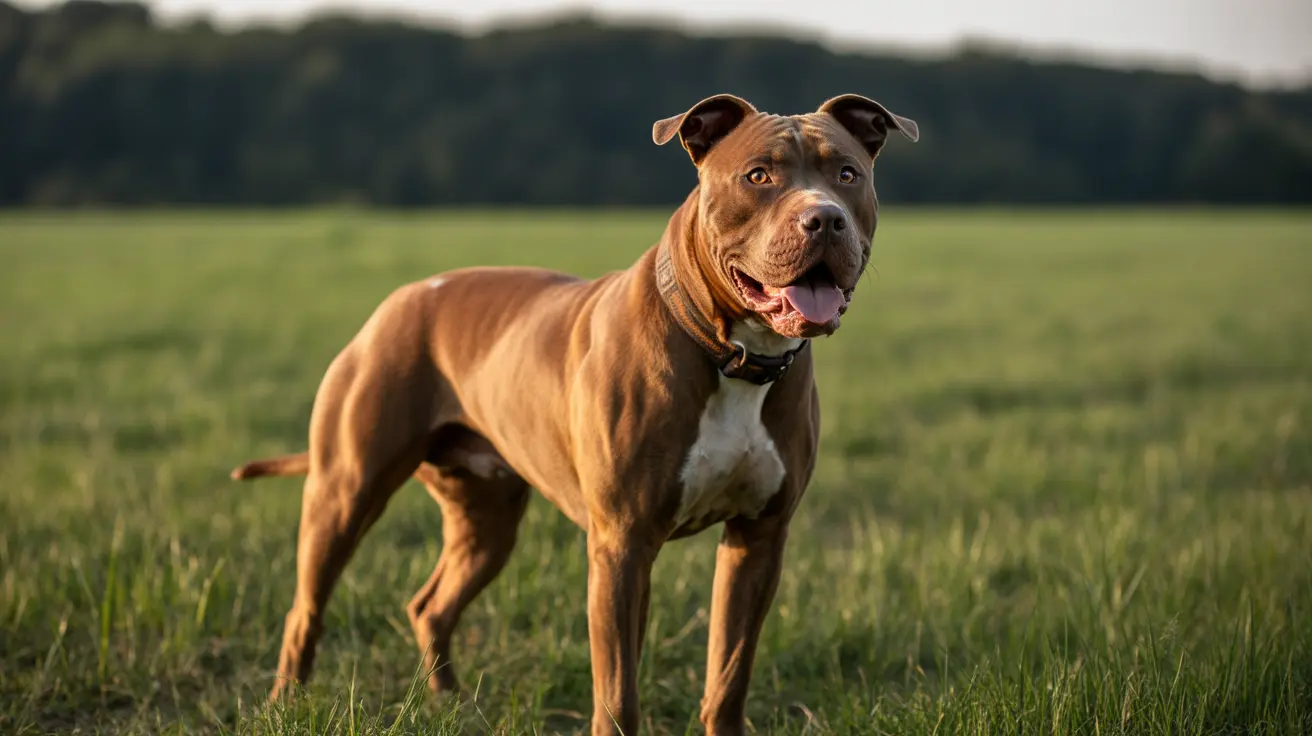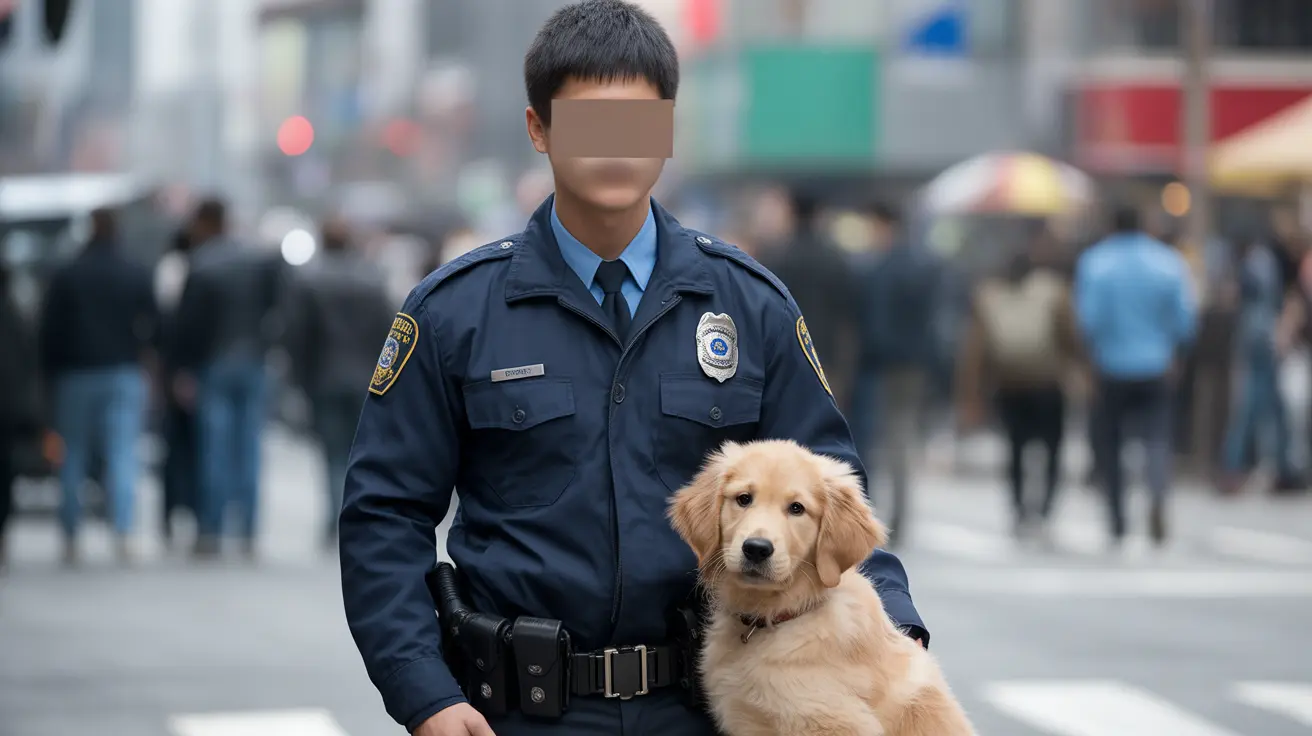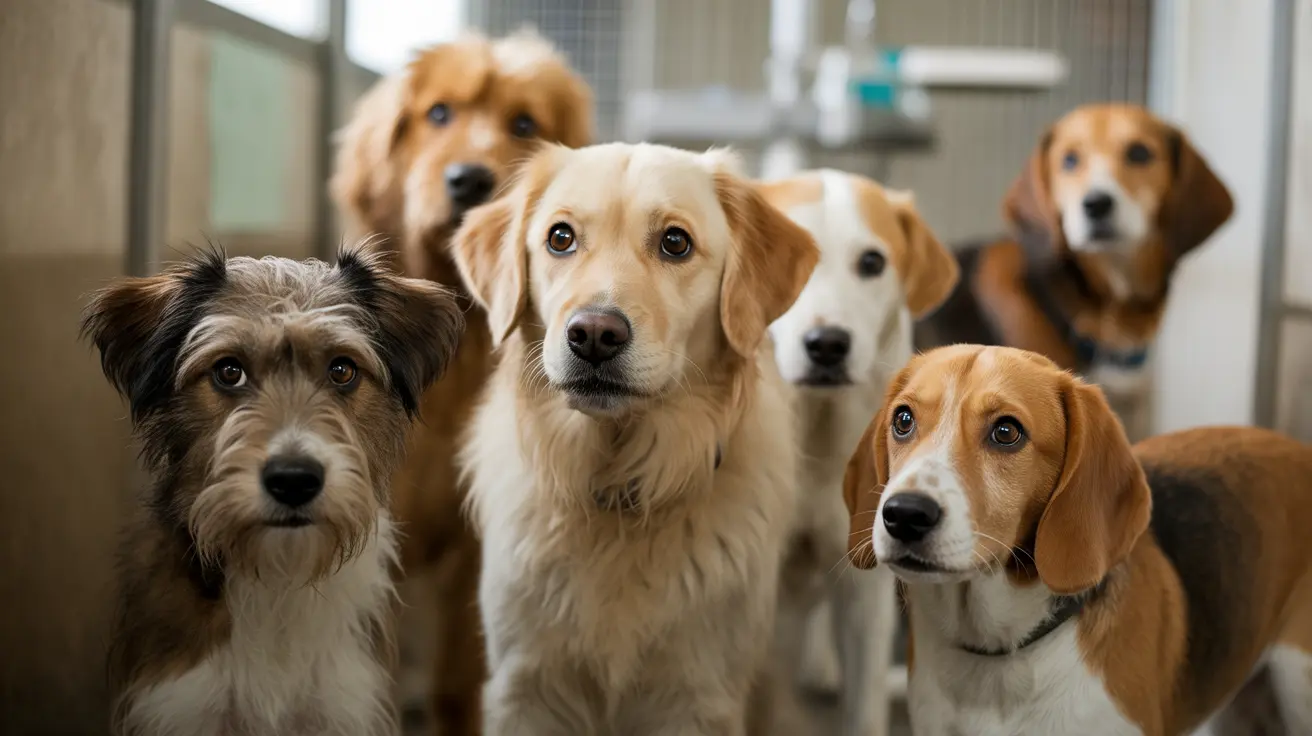Understanding If Your Dog Knows You Love Him
Many dog owners wonder, “Does my dog know I love him?” While dogs may not process love exactly as humans do, there is overwhelming evidence suggesting they can recognize and respond to love from their human companions. Dogs are highly social animals, and their evolutionary bond with humans has made them extraordinarily sensitive to human behavior and emotion.
How Dogs Perceive Love
Dogs interpret the world primarily through scents, tones, and body language. Although they don't understand the word “love” in a semantic way, your dog recognizes how you treat him and responds emotionally.
- Vocal cues: A gentle tone can soothe your dog and make him feel secure.
- Physical affection: Petting, hugging, and cuddling show affection in a language dogs understand.
- Consistent care: Meeting a dog's basic needs builds trust and emotional bonding.
Scientific Evidence Supporting Emotional Understanding
Recent studies have shown that when dogs interact with their favorite humans, their oxytocin levels—a hormone linked to bonding and affection—increase significantly. This reciprocal rise in oxytocin occurs in both dogs and humans, mirroring the parent-child bond.
Observable Signs Your Dog Feels Loved
Dogs display several signs indicating they are happy and feel secure with their owners. These behaviors also suggest they understand your affection:
- Tail wagging when you come home
- Following you around the house
- Seeking physical contact, like leaning against you or sitting on your lap
- Sleeping near you, which shows a strong level of trust
- Making eye contact, another indicator of a deep emotional bond
Ways to Show Your Dog You Love Him
The best way to reinforce the bond with your dog is through consistent, intentional actions. Here are effective ways to express your love:
- Positive reinforcement: Use treats and praise to reward good behavior.
- Quality time: Go for walks, play games, or just enjoy quiet moments together.
- Respect boundaries: Understanding your dog’s moods and space builds mutual respect.
- Talk to them: Using a calm and loving tone reassures your pet.
- Health attention: Regular vet visits, a nutritious diet, and exercise show love through care.
Do All Dogs Recognize Love Equally?
Not every dog responds to love in the same way. Factors such as breed, individual personality, past experiences, and age influence how dogs perceive and express affection.
For instance, a rescue dog might take longer to trust due to previous trauma, while a puppy raised in a loving home may quickly bond with their family members.
Strengthening Your Bond
If you want to ensure your dog feels your love, consistency is key. Dogs thrive on routine and predictable, positive interactions. Use daily rituals like feeding, walking, grooming, and nighttime cuddles to reinforce your affection.
Common Myths About Canine Affection
There are several misconceptions about how dogs show or interpret love:
- Licking is not always affection: It can also be a sign of anxiety or submission.
- Wanting to be left alone doesn’t mean they don’t love you: Like people, dogs sometimes need space.
- Spoiling equals love: Overindulging with treats or avoiding discipline can lead to behavior issues rather than stronger bonds.
Conclusion
So, does your dog know you love him? The answer is a resounding yes, but dogs know it in their own way. Through your voice, body language, care, and daily actions, your dog senses your bond and affection. By recognizing and validating your dog’s emotional responses, you nourish a relationship built on trust, loyalty, and unquestionable love.





